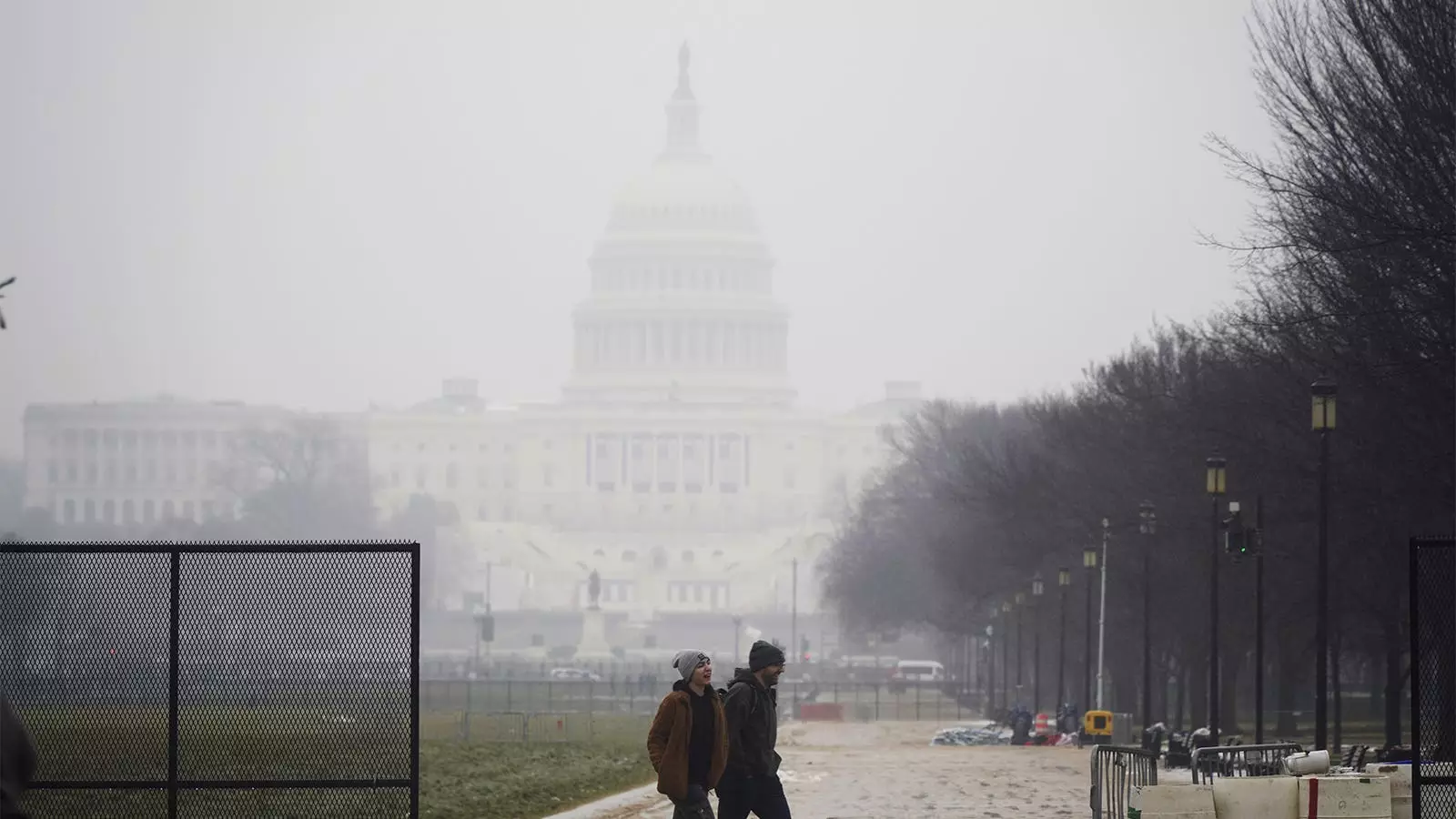The inauguration of President Donald Trump marked a pivotal moment in American politics, signifying a radical shift in domestic and foreign policy. Eager to stamp his authority immediately, Trump executed a flurry of executive orders that reversed many of the policies instituted by his predecessor, President Joe Biden. In particular, Trump’s decision to withdraw the U.S. from the World Health Organization (WHO) raised concerns among public health experts and international leaders alike.
Trump’s executive order to exit the WHO was staunchly justified through rhetoric criticizing the organization’s handling of the COVID-19 pandemic and other global health crises. He asserted that the WHO had acted under undue pressure from member states, particularly China, which was accused of under-contributing to the organization compared to its population size. Trump’s stance framed the withdrawal not only as a move of self-interest for the U.S. but as a broader critique of international organizations perceived to undermine American sovereignty.
While Trump’s administration defended this significant decision as aligning with national interests, experts voiced their apprehension. Dr. Tom Frieden, former CDC director, labeled the withdrawal as detrimental to both American and global safety. His argument underscores a crucial point: abandoning the WHO does not solve underlying problems but rather exacerbates them by limiting U.S. influence within an essential global health framework. The WHO’s operational capacity and the intricate web of global networks it maintains are vital for public health emergencies, particularly in an increasingly interconnected world.
Alongside the withdrawal from the WHO, Trump’s initial foray into health-related executive orders suggested a dismantling of several policies that were part of Biden’s pandemic response strategy. For instance, he revoked multiple executive actions aimed at combating discrimination based on gender identity and directing improvement in health and safety standards amidst the pandemic. The prompt reversal indicates the stark political dichotomy between the two administrations: where Biden had sought progressive reform to address systemic inequities, Trump signaled a reversion to conservative principles, emphasizing personal liberties and domestic prioritization over collective global responsibility.
This sweeping inverse adjustment in health policy raises substantial questions. When a government leader opts to nullify regulations that have been established to provide safety nets for vulnerable populations, the impact can be profound. Health care access, protective measures for workers, and considerations for those affected by COVID-19 are foundational to a responsive health system. The immediate rescission of Biden’s measures reflected a broader ideological battle between administration philosophies rather than a rational evidence-based health policy shift.
Trump’s actions weren’t limited to health but also extended to robust environmental policies. His rescission of the U.S. participation in the Paris Agreement emblemized a drastic pivot away from multilateral environmental commitments. According to Trump, such international agreements represented unfair obligations that harmed economic interests. This anti-globalist approach resonates with a significant base of American voters who view globalization as a threat to domestic jobs and industries. However, critics contend that neglecting international climate agreements jeopardizes not only American environmental interests but the global community’s effort to mitigate climate change.
There exists a palpable tension between national economic policies and global health and environmental standards. By prioritizing short-term national gain over long-term global cooperation, Trump’s administration risked complicating future international collaborations on both health and climate issues. The absence of U.S. leadership in these areas could create vacuums where others may attempt to assert influence, potentially undermining American interests globally.
Trump’s inaugural day actions serve as a microcosm of the larger ideological battles playing out in contemporary American politics. Moving away from global health governance courtesy of the WHO and disbanding environmental commitments illustrates a fundamental divergence between engagement and isolationism. Each of these orders was not solely about policy but also about signaling intent; they communicated a vision for America that champions nationalism over cooperation.
As the landscape of American governance shifts, the resulting implications of these policy reversals could be long-lasting. Moving forward, it remains to be seen how these decisions will reverberate through public health systems, international relations, and environmental strategies. The balance between national sovereignty and global accountability will continue to be tested, presenting moral, ethical, and practical challenges in the years to come.


Leave a Reply